Criminal Justice
- 8.1
- Thriller
- 2019
- 1h
- PG-13
an Indian legal thriller series starring Vikrant Massey, Pankaj Tripathi, and Jackie Shroff. It follows a young man falsely accused of murder and trapped in the labyrinth of law, corruption, and survival. A haunting, emotionally charged story of innocence, justice, and redemption that redefines courtroom drama in modern Indian television.

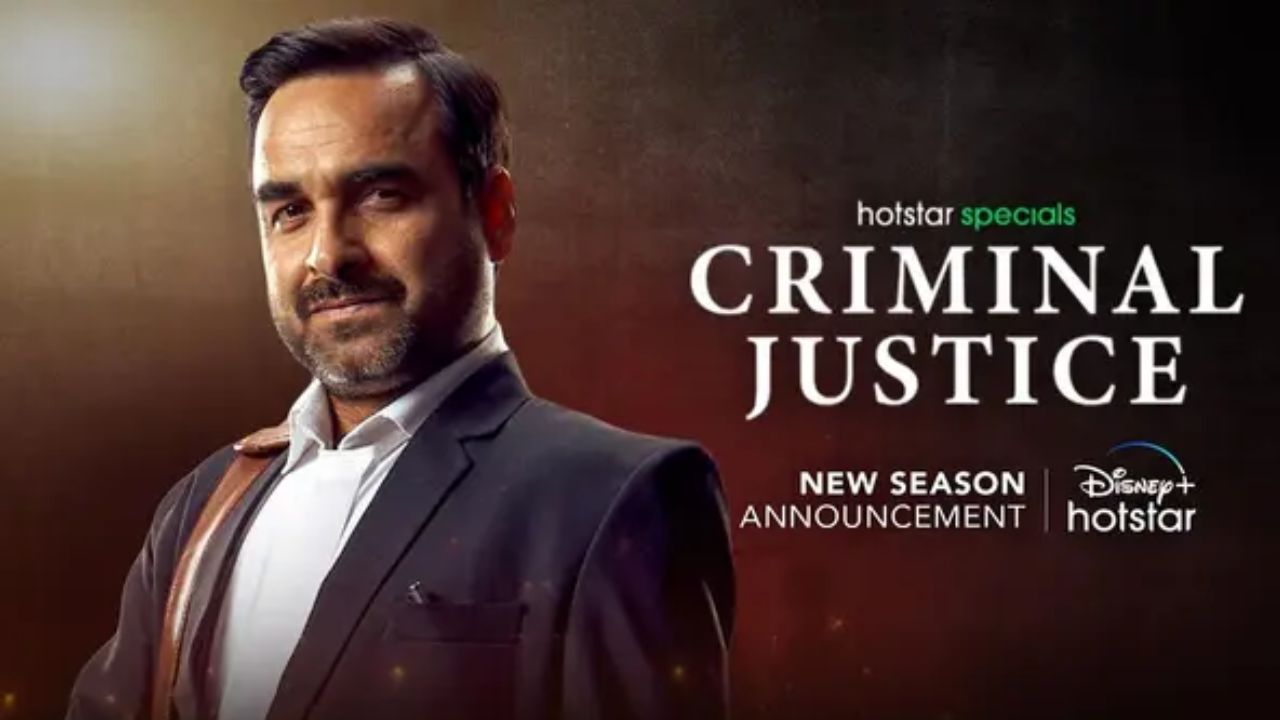
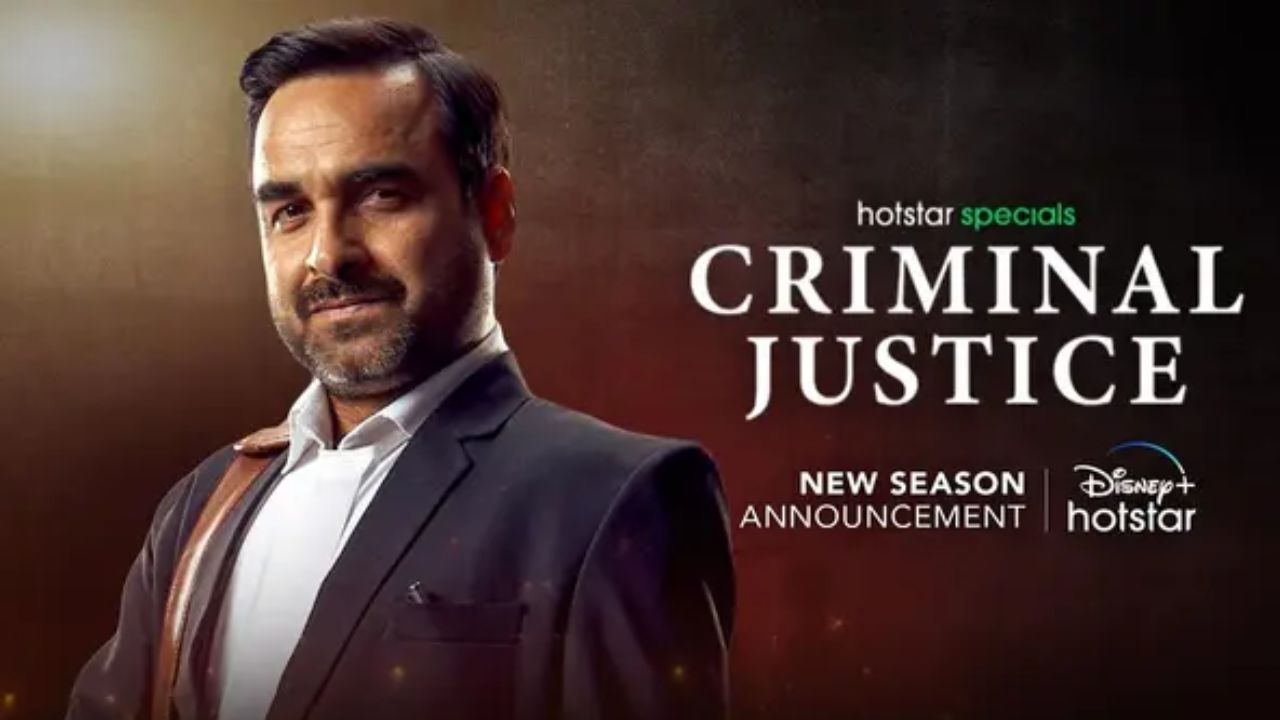
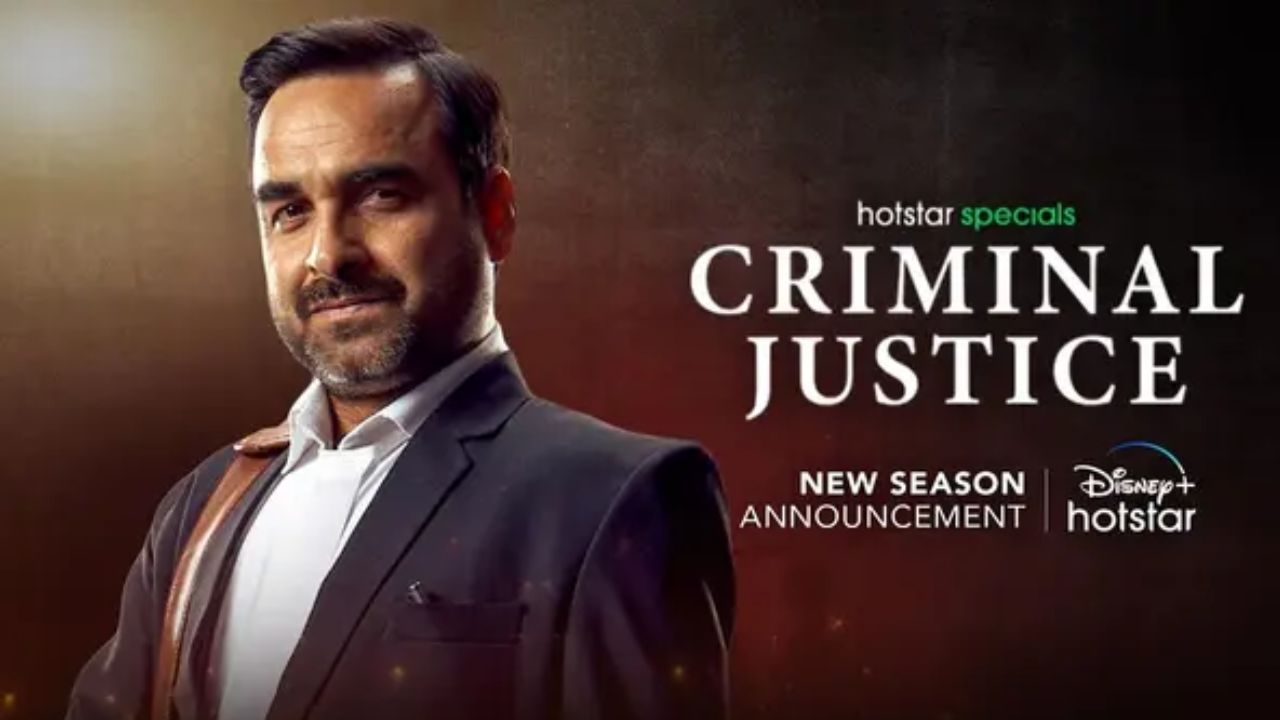
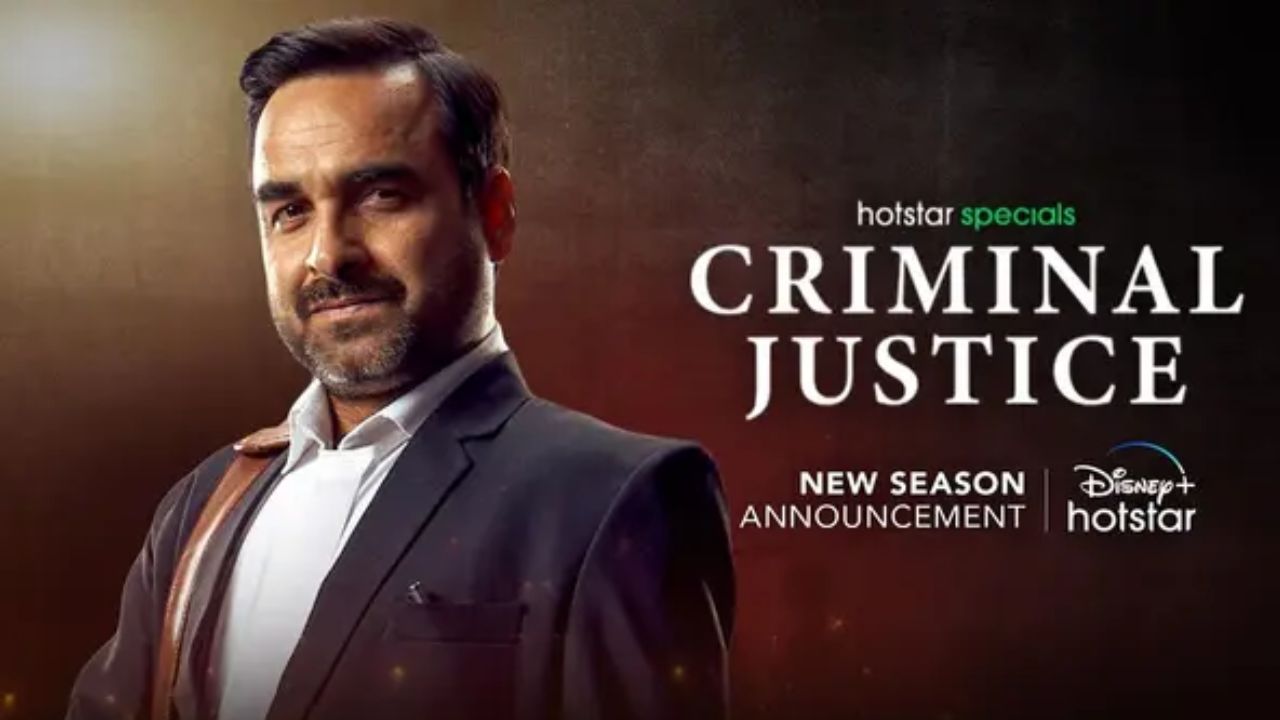
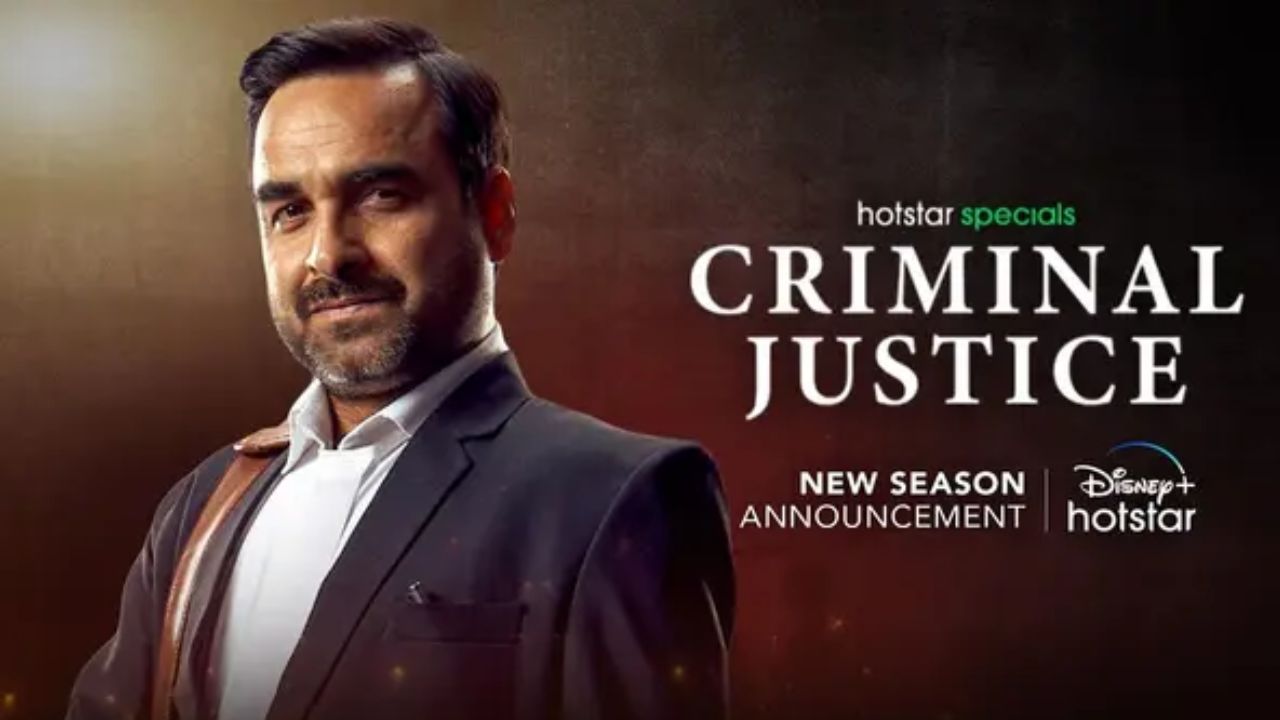



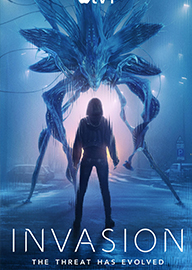








Comments
0Reviews
0Summery
1Please sign in to comment.
Please sign in to review.
In the sleepless hum of Mumbai, where neon light glances off rain-soaked glass and every street hides a story, Criminal Justice (2019) opens with the ordinariness of youth and the slow crawl of destiny. Aditya Sharma, a bright and charming cab driver with dreams too large for his middle-class life, steps into one night that will change everything. The film begins like life itself—routine, unpredictable, full of chatter and chance. When Aditya picks up a beautiful passenger, Sanaya, after a party, it feels like just another story in the endless script of the city. But what follows inside that cab, in that fleeting journey through empty streets and glittering skyline, begins a spiral from which no character can return untouched. The next morning, Sanaya is found murdered, and Aditya, covered in blood and confusion, finds himself caught in the merciless machinery of the criminal justice system — a place where truth is negotiable and humanity is currency.
From that moment, the world tilts. The city that once offered promise now becomes a maze of accusation, interrogation, and isolation. Criminal Justice paints its world in muted colors and hard light, turning police stations into cages and courtrooms into theaters of despair. Aditya’s disbelief becomes the audience’s disbelief, his panic mirrored in every corner of the frame. The narrative drifts between claustrophobia and chaos, as every scene pulls us closer to the truth yet further from certainty. Pankaj Tripathi’s Madhav Mishra enters like a quiet storm — unassuming, almost comic, yet carrying the weary intelligence of a man who has seen the system chew up innocence before. His dialogues flow like street poetry, his humor slicing through tension, and his unorthodox defense methods reveal the moral fabric of a man who believes that every accused deserves to be heard, even when the world condemns before listening.
The series dives into the machinery of law: corrupt investigators, fragile witnesses, and overburdened lawyers battling for survival more than justice. Vikrant Massey’s Aditya becomes both victim and symbol — a man whose story reflects how easily youth, potential, and identity can vanish in a system built to punish, not to protect. The cinematography wraps the story in tension, alternating between dim prison cells and overlit interrogation rooms. Each shot of Aditya staring through the bars speaks more than words; each silence between Madhav and his client hums with the unspoken truth that justice is never blind — it’s just distracted. The prison scenes bring a new layer of realism and fear: survival becomes strategy, morality becomes luxury, and Aditya must transform from confused boy to hardened man in a world where one wrong glance can be fatal.
Inside the courtroom, the rhythm shifts. The sterile calm of legal arguments hides a pulse of desperation. Madhav Mishra’s small victories — a cross-examination here, a loophole there — feel monumental against the weight of a broken system. The supporting characters become mirrors of Indian society: the prosecutor hungry for fame, the judge balancing procedure and compassion, the media spinning every moment into spectacle. What begins as a murder case unfolds into a meditation on truth and perception. Aditya’s guilt becomes irrelevant to a world more interested in judgment than justice. His parents’ quiet agony, his lawyer’s tireless persistence, and his own descent into trauma transform the show into something beyond crime drama — it becomes a human story about survival in a world that mistakes punishment for order.
As episodes unfold, the emotional palette deepens. Flashbacks blur with reality; trust erodes like dust in wind. Every supporting character carries their own burden — an officer who doubts his conscience, a friend who chooses silence, a witness too afraid to speak. Madhav Mishra becomes both comic relief and conscience — his tattered shoes, his unshaven face, his unmatched wisdom against a world polished in hypocrisy. His belief that everyone deserves a chance forms the moral spine of the series. The dialogues land like echoes: “The system doesn’t see faces, only files.” The story refuses melodrama, choosing realism and restraint instead — the horror of bureaucracy, the banality of evil, and the irony that truth itself must be defended like a crime.
The emotional climax arrives quietly. Aditya’s trial reaches its verdict not through grand revelation but through persistence, human compassion, and faith in the sliver of goodness that still hides in people like Madhav. When truth emerges, it doesn’t roar — it exhales. Aditya’s freedom feels both victory and wound. The show ends not with applause but with reflection: what does freedom mean after being stripped of identity? The final moments linger on faces, not words — Madhav walking away into the crowd, Aditya stepping back into a city that no longer feels like home, the sun rising indifferent to their struggle. Criminal Justice closes its story like a confession: that justice, like truth, is fragile; that sometimes innocence must learn to survive inside guilt; and that behind every verdict, there lies a life forever changed. Through restrained cinematography, haunting performances, and sharp direction, Criminal Justice (2019) becomes not just a courtroom thriller but an emotional x-ray of modern India. It speaks of a generation that fears the system more than crime, of lives that hang between perception and proof. It’s both protest and prayer — an elegy for fairness and a hymn for empathy. Pankaj Tripathi, Vikrant Massey, Jackie Shroff, and Mita Vashisht deliver performances that breathe truth into fiction, turning legal drama into human epic. Each scene moves with cinematic rhythm — slow, deliberate, reflective — showing how darkness is not always evil, and light not always just.
By its final frame, Criminal Justice stands as one of the most profound explorations of moral complexity in Indian television, a show that exposes not only the flaws of law but the fragility of the people who must live within it. Beneath the tension, beneath the crime, lies a story about humanity’s oldest struggle — to be seen, to be believed, and to find redemption when the world forgets how.